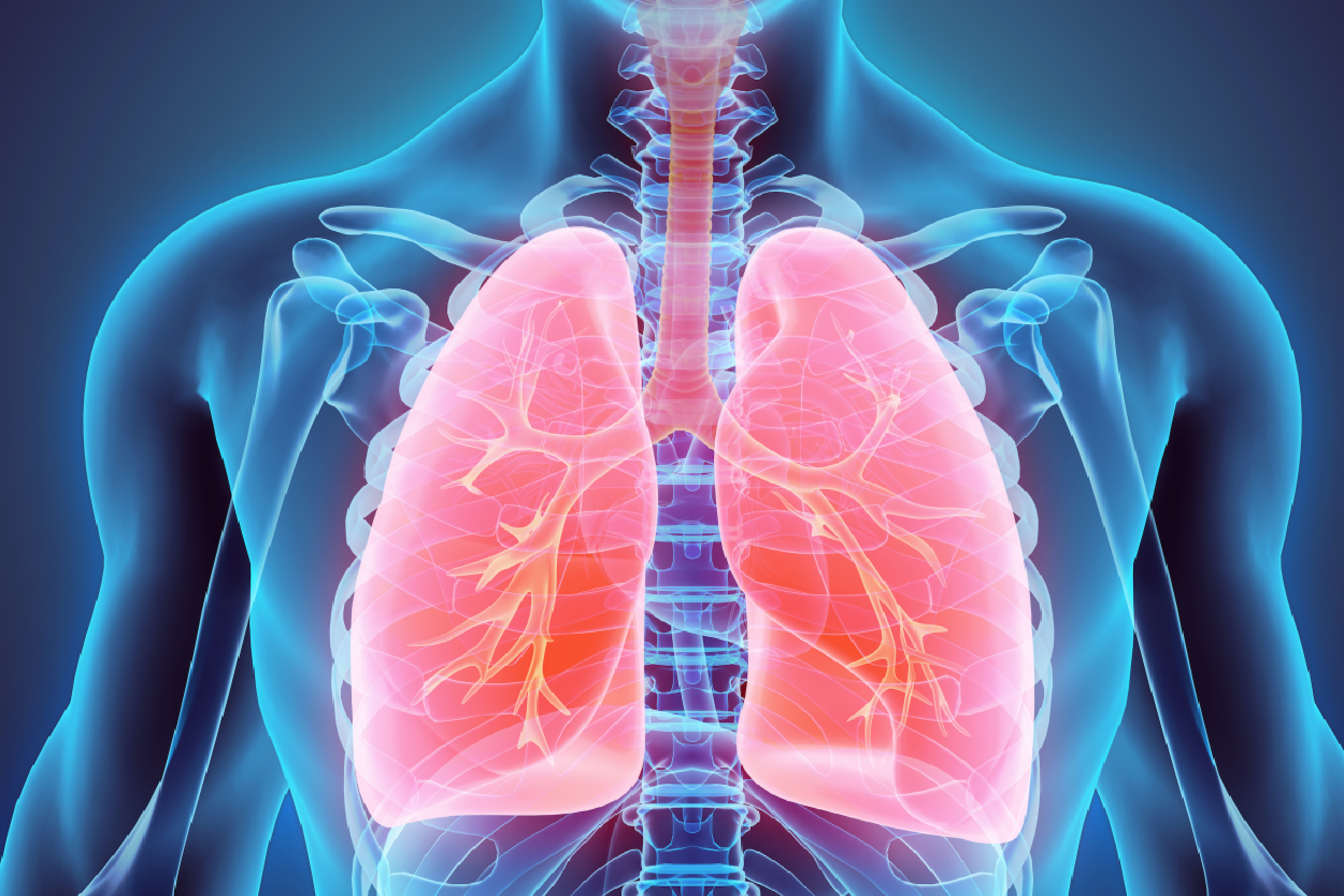Amoxycillin, or alternatively erythromycin, will usually be suitable. In any patient, of any age, with a lower respiratory infection, the presence of new focal chest signs should be treated as pneumonia and antibiotic therapy should not be delayed. Chest pain doesn't always signal a heart attack. But that's what health care providers in the emergency room usually test for first because it's potentially the most immediate threat to your life. They may also check for life-threatening lung conditions — such as a collapsed lung or a blood clot in the lung.
- Artery relaxers. Nitroglycerin — usually taken as a tablet under the tongue — relaxes heart arteries, so blood can flow more easily through the narrowed spaces.
- Aspirin. If health care providers think that your chest pain is related to your heart, you'll likely be given aspirin.
- Thrombolytic drugs. If you are having a heart attack, you may receive these clot-busting drugs. These work to dissolve the clot that is blocking blood from reaching the heart muscle.
Chest medicine, or pulmonology, is the branch of medicine that focuses on the diagnosis, treatment, and management of conditions related to the respiratory system, including the lungs and airways.
Common respiratory conditions include asthma, chronic obstructive pulmonary disease (COPD), pneumonia, bronchitis, interstitial lung diseases, pulmonary hypertension, and lung cancer.
Asthma is a chronic condition characterized by inflammation and narrowing of the airways, leading to symptoms like wheezing, shortness of breath, coughing, and chest tightness.

